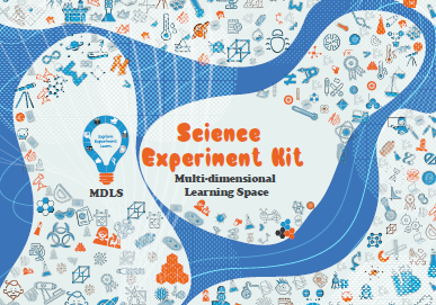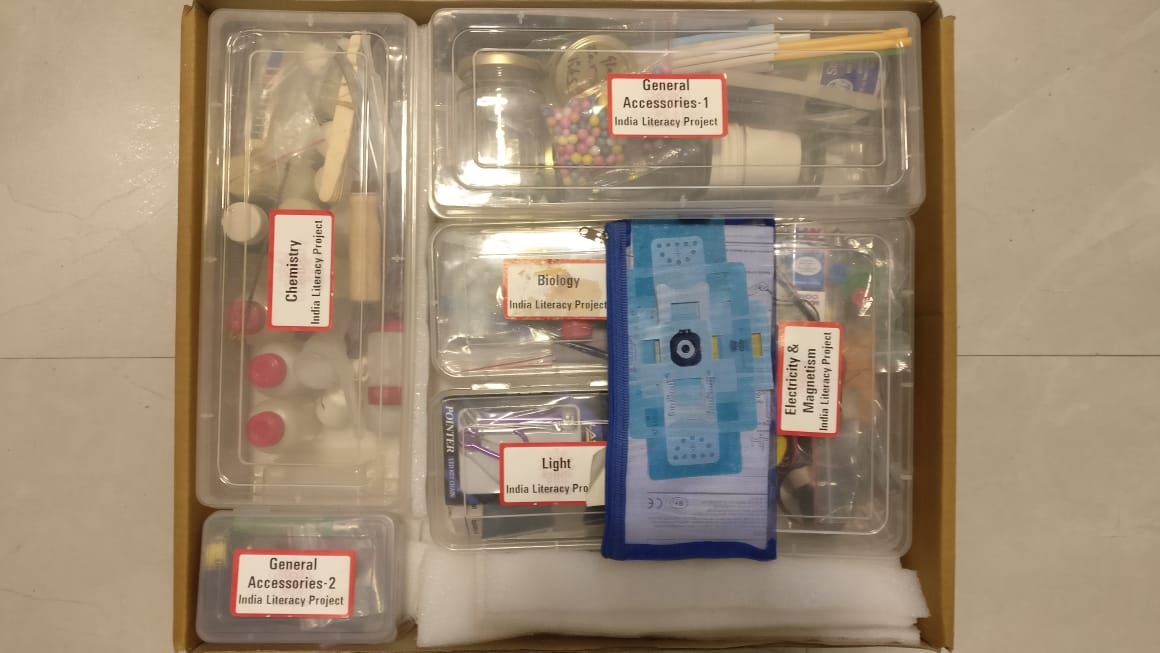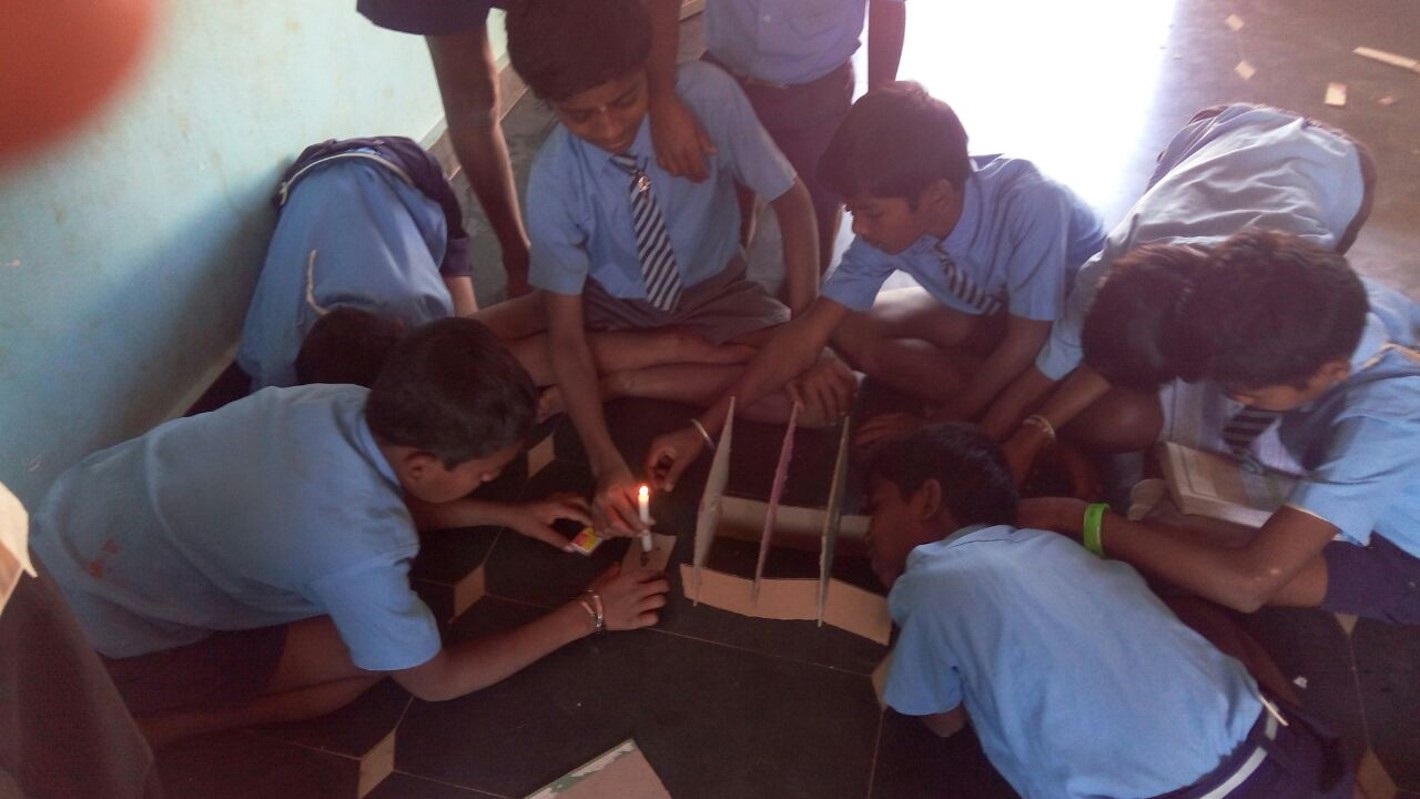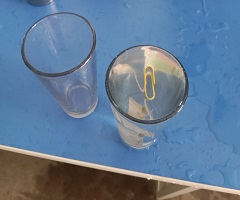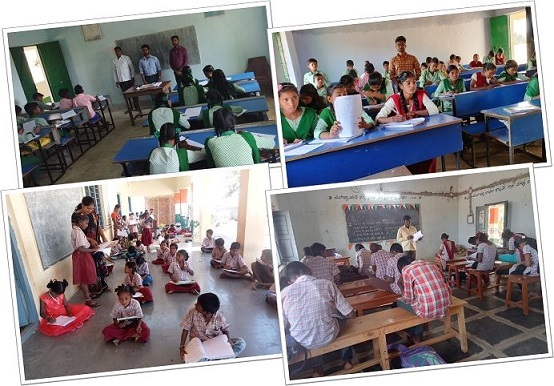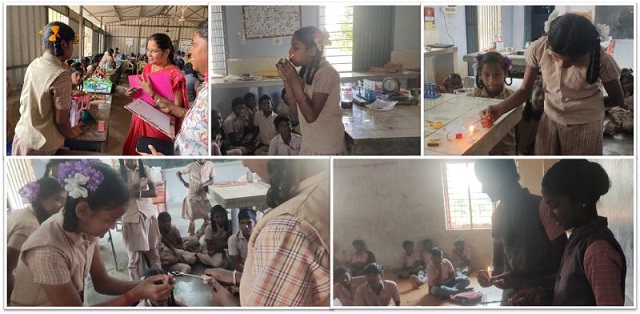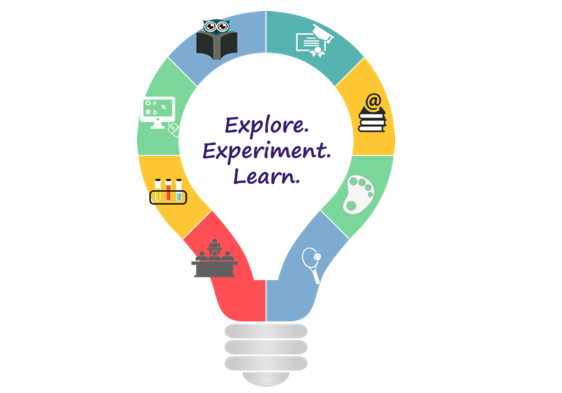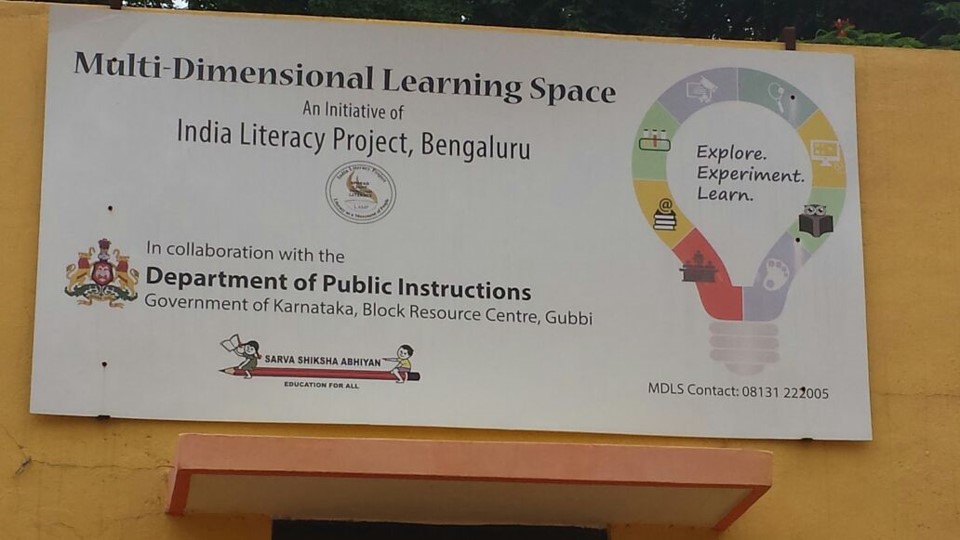Our Reach
Related Blogs
Improving Scientific Temper in Government Schools
Curiosity is the mother of science…
Tapping this curiosity in students is India Literacy Project’s science kits.
The science kits provide a space for children to observe, understand, experiment, and discuss various aspects of science and the things around them.
Students can touch, feel and build without fear of breaking expensive items.
The science kit covers:
- 200+ chemistry, physics, and biology concepts
- Everyday items
Learning level assessments
For students, feedback at times is more important than just teaching
To ensure, a continuous feedback loop, India literacy project along with its NGO partners conducts systematic Learning Level Assessments (LLA) for students from grade 5-10 in accordance with NCERT norms.
Conducting LLA helps eradicate the learning gaps, elevate the confidence level and reduce student dropout rates.
India Literacy Project’s pioneering program Multi-Dimensional
International day of women and girls in science
Celebrating full and equal access and participation of women in STEM
Today, February 11 is celebrated as International Day of Women and girls in science observed by United Nations.
This day is celebrated to promote full and equal access and participation of women in Science, Technology, Engineering and Mathematics (STEM) fields.
India Literacy Project is one of the pioneers in
Schools as Multi-Dimensional Learning Space – Need
While the need to improve quality of education at Government Schools seems intuitive, I still think it would be good to see some numbers to make the point. Intuition can sometimes be inaccurate and looking at the right statistics and figures numbers are important to ascertain intuitions. As you read this, you will come to realize (if you haven’t already), the magnitude of the problem and the underlying issues that I feel are the core reasons why on quality of education is important.
Schools as Multi-Dimensional Learning Space – Genesis
I am pretty excited to start this series of blogs on one of the most interesting projects of my life. This is a project that focusses on improving quality of learning in Government schools especially in rural India. The goal of this project is to create a model that is replicable, holistic, low cost and easy to implement. Through these articles, I will articulate what we attempted to do, our collective learning and my own experiences. While the blogs are being written by me, I am documenting our collective learnings as a team. The success of the project is because of the team working behind it and not one person. Personally, its been a enriching experience to work along with such a dedicated and passionate team.
